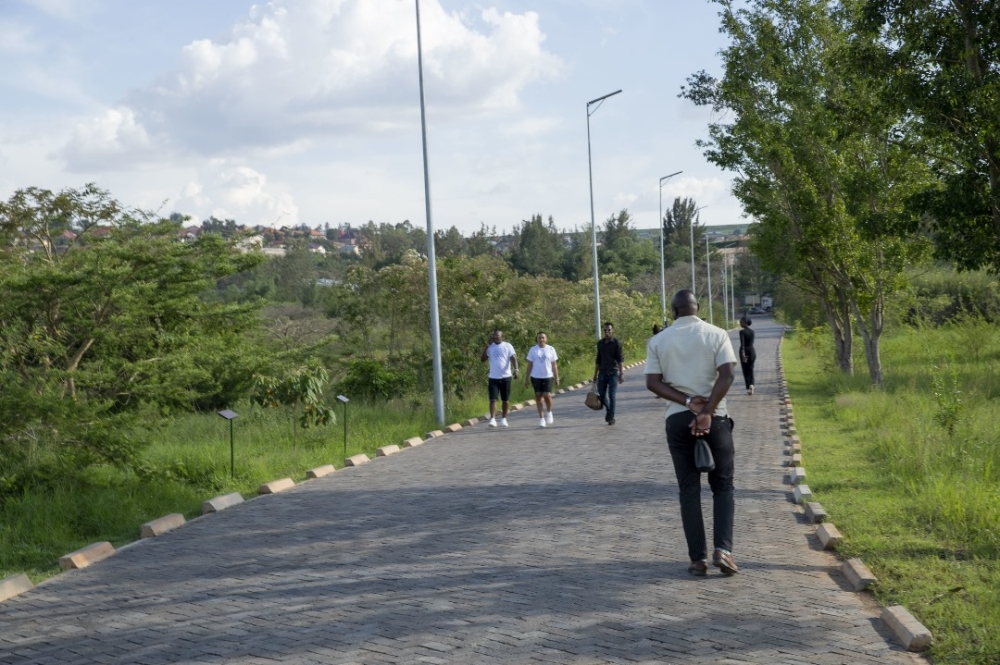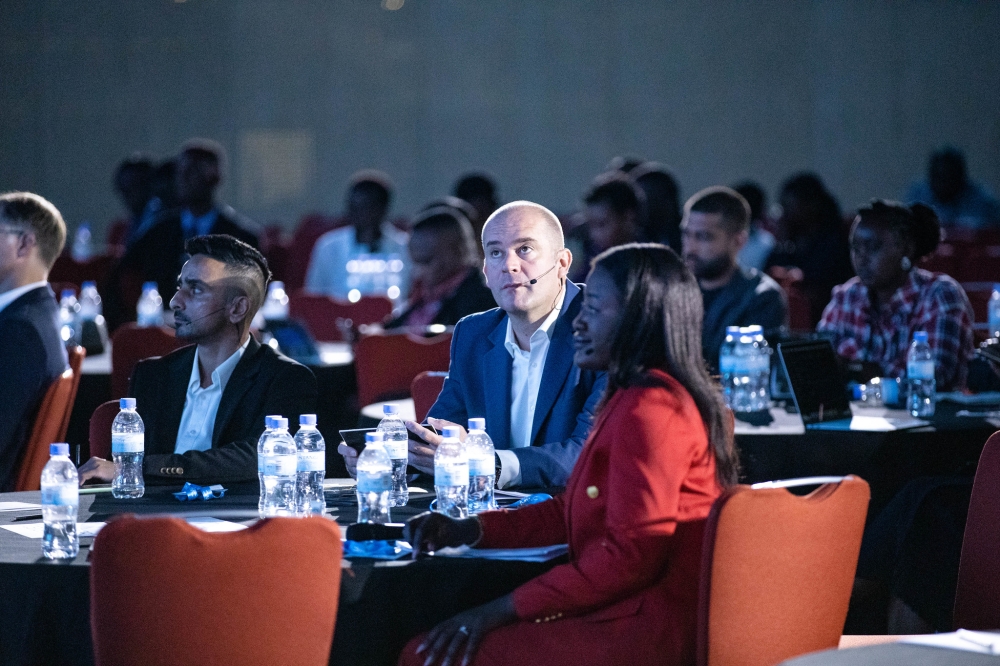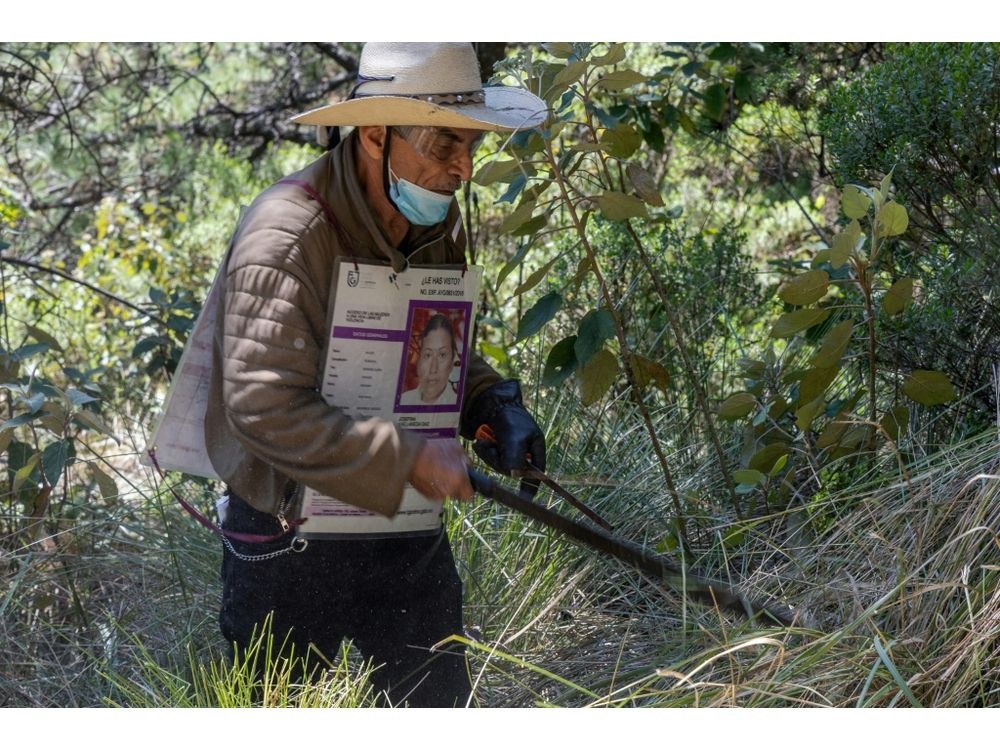The Government of Rwanda, through the Rwanda Environment Management Authority (REMA), is preparing to launch the second phase of the Nyandungu Urban Wetland Ecotourism Project, which will see the park area expanded by over 35 per cent.
ALSO READ: Nyandungu Eco-Park to expand cycling trails
This aims at elevating this space into a model of sustainable urban living and ecotourism.
According to REMA’s Single Project Implementation Unit (SPIU) Coordinator, Alex Mugabo, the new phase, officially titled the Nyandungu Ecopark Enhancing Project, will build on the success of the first phase, which restored more than 120 hectares of degraded wetland and forest land.
“The first phase was a major milestone that laid the foundation for sustainable urban wetland management,” Mugabo told Members of Parliament on October 21. Unlike the initial phase, which was largely financed by partners, he said, the government will now fully fund the second phase.
“In the next phase, the government has decided to directly invest to enhance the park’s facilities, biodiversity, and visitor experience.”
ALSO READ: How Nyandungu is leading Rwanda’s long-term vision to use green spaces for health and well-being
Mugabo said the project will expand the park’s footprint and improve its capacity as a natural buffer against urban flooding, while continuing to create green jobs and attract visitors.
“During the first phase, the project generated over 200 jobs, including 60 permanent ones, and contributed to flood control and pollution reduction within the Nyandungu catchment,” he added.
ALSO READ: Nyandungu Eco-Park recorded over 76,000 visitors in 2024
The Nyandungu Urban Wetland Ecotourism Project began in 2016 to tackle the environmental pressures of rapid urbanization in Kigali.
Funded with Rwf4.5 billion through the Rwanda Green Fund (FONERWA), and supported by the UK Government, the Italian Ministry for Ecological Transition, and the UN Environment Programme (UNEP), the first phase restored the wetland into a thriving ecosystem.
Native fig forests, reed-beds that naturally purify water, and rehabilitated streams now help reduce flooding risks in surrounding areas.
ALSO READ: PHOTOS: Exploring the breathtaking Nyandungu Eco-Tourism Park
Nyandungu Eco-Park received a Full Star Award from Wetland Link International, ranking it among the world’s leading wetland education centers.
In January this year, the government signed a ten-year management agreement with QA Venue Solutions, the company that also manages BK Arena and Zaria Courts.
The firm’s regional experience in hospitality and venue management is expected to transform Nyandungu into one of Africa’s top urban ecotourism destinations.
ALSO READ: Reforms in hospitality financing ‘key to unlocking potential’ – Aleph’s Bani Haddad
Officially opened in 2022, Nyandungu became the country’s first fully developed urban wetland ecopark.
The park currently features ten kilometres of walking and cycling paths, birdwatching decks, and a medicinal garden showcasing over 70 indigenous plant species used in traditional healing.
According to the park’s management, the second phase will introduce longer walking and cycling trails, expanding the total distance from 10 to 15 kilometers, with new boardwalks and adventure trails.
Plans also include more bikes, scooters, and buggies to enhance mobility, alongside new activities designed for children, families, and nature enthusiasts.
The park will expand by 43 hectares, bringing its total area to over 164 hectares. A feasibility study will determine which animal species can be introduced to further enrich biodiversity.
The second phase will not only improve infrastructure but also diversify the park’s social and health value.
Plans include introducing yoga sessions, wellness services, and eco-friendly camping facilities, with opportunities for private investors to develop glamping and educational spaces.
With hundreds of bird species, nearly 200 of which returned after restoration, Nyandungu is proving that urban wetlands can thrive when conservation meets careful planning.
“The new phase will elevate Nyandungu into a model of green urban transformation and sustainable tourism for Africa,” Mugabo said.
Under the Kigali City Master Plan and Vision 2050, Rwanda aims to dedicate at least 25 percent of Kigali’s surface area to green space, positioning parks like Nyandungu as pillars of urban health and climate resilience.






